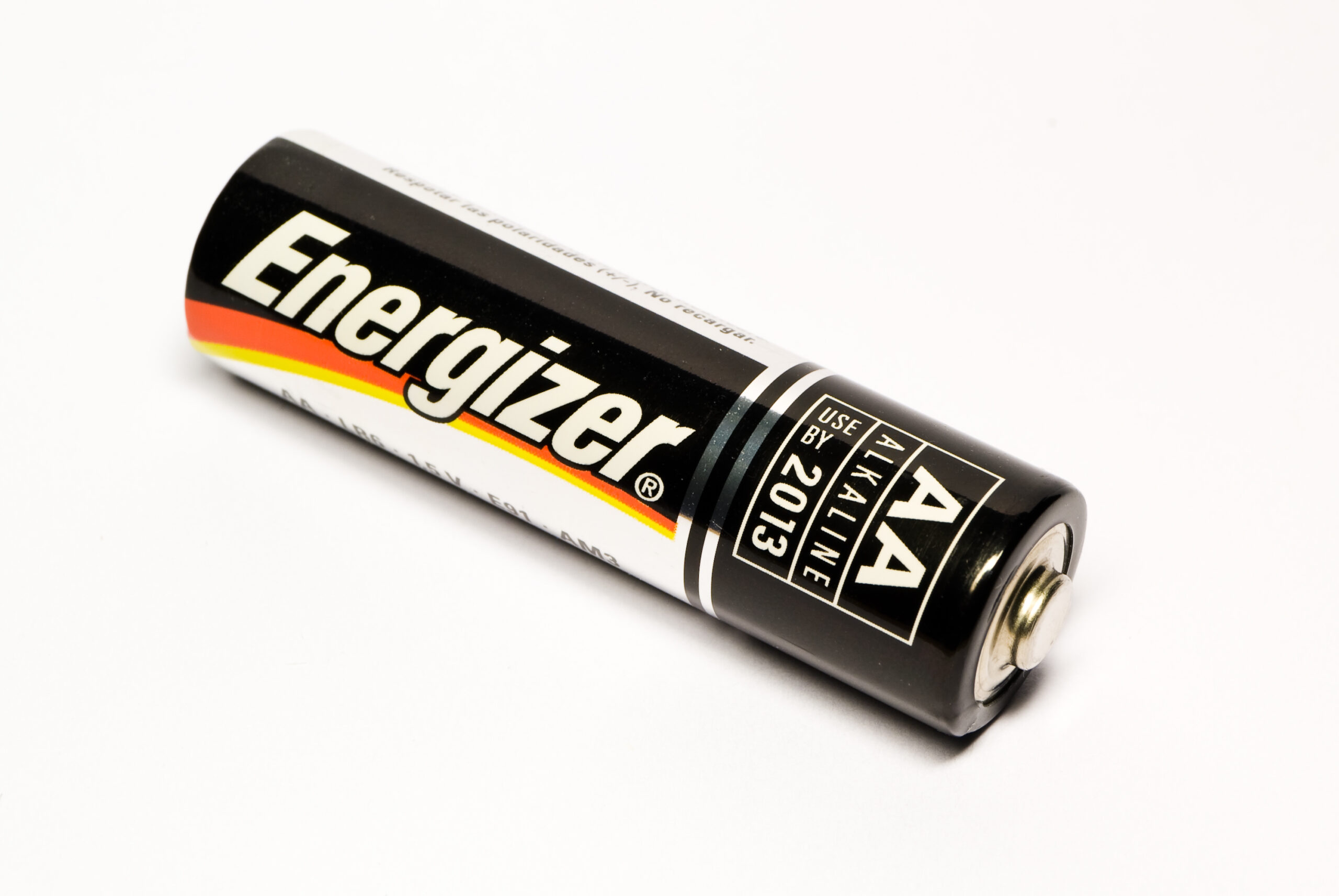The phenomenon of rapid energy transfer in batteries, commonly known as fast charging, has emerged as a prominent subject of discussion in the realms of technology and environmental science. It presents an intersection between innovation and necessity in a world increasingly reliant on portable electronic devices. As global populations accelerate their consumption of energy-driven gadgets, the quest for swift battery recharging capabilities has captivated consumers and researchers alike. This article seeks to unravel the intricacies surrounding fast charging, delving into its myriad implications on technology, energy efficiency, and environmental sustainability.
Fast charging technology signifies a pivotal advancement in energy storage and transfer mechanisms. Traditional batteries, characterized by their slower charging rates, present significant limitations in terms of user convenience and efficiency. The fundamental principle underpinning fast charging lies in enhancing the chemical processes occurring within batteries. Techniques such as increasing the charging current, optimizing electrolyte composition, and modifying electrode surface areas facilitate more rapid ion transportation, engendering a swifter replenishment of energy reserves. Understanding these scientific underpinnings is essential to grasp the overall evolution of battery technology.
A primary focus of fast charging technology is Lithium-ion (Li-ion) batteries, which dominate the consumer electronics landscape. These batteries owe their popularity to their high energy density and relatively low self-discharge rates. However, advancements have revealed limitations inherent to Li-ion technology, particularly concerning charging speed and thermal management. The advent of fast charging elucidates the delicate balance required between energy input and thermal output, as excessive current can lead to overheating and degradation of battery life. Consequently, innovations such as advanced thermal management systems and smart charging algorithms become crucial to mitigate these adverse effects.
The allure of fast charging transcends mere convenience; it bears profound implications for consumer behavior and societal norms. In an era characterized by immediacy—manifesting in on-demand services, instant communication, and rapid gratification—the expectation for swift battery recharging has likewise burgeoned. Consumers increasingly prioritize devices that offer quick turnaround times, driving manufacturers to prioritize fast charging capabilities as a competitive advantage. This shift not only shapes market dynamics but also influences consumer purchasing decisions, thereby propagating a culture that valorizes speed and efficiency.
Moreover, the expansion of electric vehicles (EVs) necessitates a reevaluation of fast charging as it pertains to sustainable transportation. As urban environments pivot towards electrification to combat climate change, the demand for fast-charging infrastructure becomes paramount. Fast charging stations can alleviate range anxiety among potential EV users, enhancing the overall adoption of electric vehicles. This transformation underscores a critical intersection between technology and environmental policy, as a faster charging solution for electric mobility serves to diminish carbon footprints and foster a more sustainable future.
The advent of ultra-fast charging technology, capable of delivering energy at rates exceeding 350 kW, has sparked a wave of innovation in battery chemistry and design. Emerging alternatives, such as solid-state batteries, promise even greater efficiencies, with the potential to dramatically shorten charging durations while enhancing safety. These batteries utilize solid electrolytes, reducing the flammability risks associated with conventional Li-ion batteries and enabling higher charging rates. However, the transition to such advanced technologies presents significant challenges, including manufacturing scalability and cost-effective implementation.
In contemplating the societal embrace of fast charging technologies, one must consider their economic ramifications. The economic landscape surrounding battery technologies is multifaceted, encompassing large-scale production, raw material sourcing, and lifecycle management. Fast charging demands not only sophisticated technological infrastructure but also an intricate supply chain of components, including lithium, cobalt, and nickel, which are often subject to geopolitical variances and ethical scrutiny regarding extraction practices. As the global demand for batteries burgeons, the implications extend beyond individual consumption patterns and into broader economic domains, such as job creation in the green technology sector and the transformation of energy markets.
Conversely, the rapid deployment of fast charging technology raises concerns related to electronic waste and recycling. The lifecycle of batteries poses significant environmental challenges, particularly as obsolescence accelerates alongside the accelerated pace of technological advancement. A culture fixated on rapid energy replenishment risks exacerbating issues of environmental degradation unless accompanied by robust recycling initiatives and responsible consumption practices. The development of circular economy frameworks that emphasize the recycling and repurposing of battery components is mandatory for mitigating the adverse effects associated with disposable technology.
In conclusion, the phenomenon of fast charging epitomizes the dialectic between technological innovation and human behavior. As our society strives for efficiency in an interconnected world, the fascination with rapid energy solutions commands attention. Battery technology, particularly in the context of fast charging, encapsulates the dynamic interplay between convenience, environmental stewardship, and economic considerations. Ultimately, a conscientious approach towards the deployment of fast charging technologies is essential to ensure their sustainability and align them with broader goals of ecological preservation and resource efficiency. The future trajectory of battery charging will undeniably influence the contours of modern life, reshaping our interactions with energy and redefining our relationship with technology itself.












